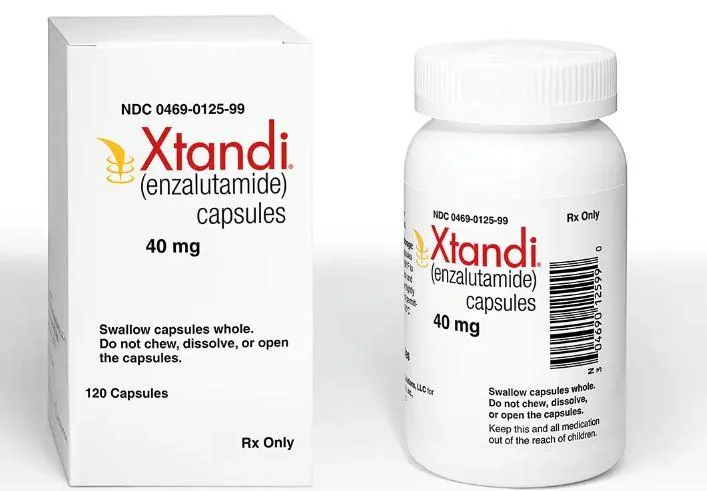LA – Researchers of the new study have discovered a dramatic increase from 16% to about 60% in the number of low-risk prostate cancer patients who have chosen active surveillance over rapid treatment since 2010.
First signs of prostate cancer
- Urinary problems: Increased frequency of urination, especially at night; difficulty starting or stopping urine flow; weak or interrupted urine flow; and pain or burning during urination.
- Blood in the urine or semen: This can be a sign of prostate cancer or other conditions, so it’s important to see a doctor if you notice blood.
- Pain or discomfort: In the pelvic area, lower back, hips, or thighs.
- Erectile dysfunction: Difficulty getting or maintaining an erection.
In all the above cases a doctor’s examination is necessary for an accurate diagnosis. Ask your doctor about prostate cancer drug enzalutamide (Xtandi) also.








